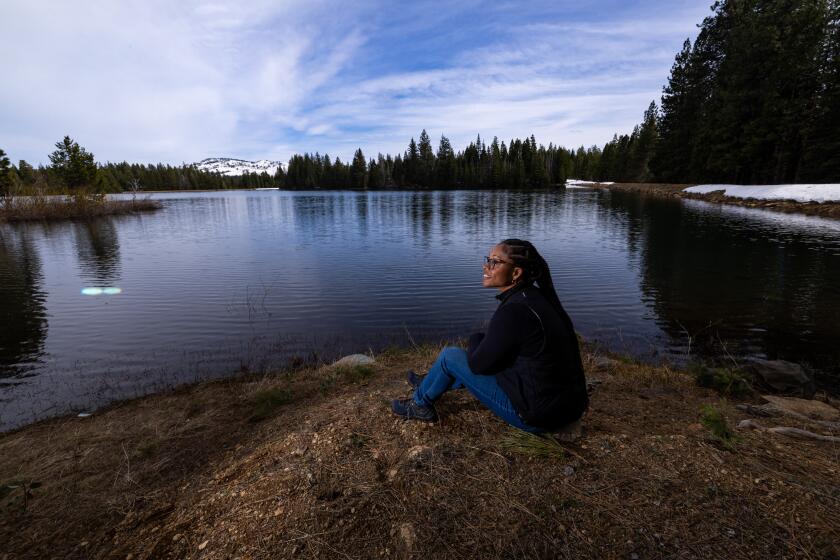Guarding Seniors’ Money
Often frail, sometimes wealthy, America’s senior citizens have become a target for the greedy. Whether the crooks are relatives, acquaintances or strangers, police and social workers are learning to read the signs of this form of elder abuse.
Orange County is one of several counties in California that have formed fiduciary abuse specialist teams (FAST) that combine legal, financial and other experts to train and advise police and social workers on the topic.
The bilking of senior citizens usually is more sophisticated that a convenience store robbery or a house burglary. It also can be more difficult to prove in court.
Prosecutors say many victims are too mentally impaired to testify in court. In other cases, a grandchild swears grandma gave him her credit card to use as he wished, or deeded him the house, or put his name on a joint bank account.
That leaves prosecutors trying to prove the victim was not sharp enough mentally to make sound financial decisions and therefore could not see the consequences.
Last year more than 800 cases of “fiduciary elder abuse” were reported in Orange County, but the situation is considered far worse than that. The state attorney general’s office estimates only one in 14 instances is reported.
The Legislature recognized the problem in 1986 and passed a law increasing penalties for caretakers and others “in a position of trust” who steal from or defraud someone 65 or older. In a worthwhile follow-up, the state also is requiring training of all police in recognizing the crime.
A Newport Beach psychiatrist who is a member of FAST programs in Orange and Los Angeles counties said police need to be instructed in spotting fiscal abuse because it literally can be a matter of life or death. Elders whose money is taken often decline quickly and die. Many are alone, with no support. They don’t have jobs or time enough to make up for what was swindled.
The head of the family violence unit in the Orange County district attorney’s office observes that training police and social workers, and providing them with experts who can assist, can make a difference. We know that in the case of domestic violence, increased attention changed society’s and prosecutors’ attitudes. The same can be true for elder abuse.
Vigorous prosecution can serve as a deterrent, warning potential criminals that if some among the elderly can’t protect themselves, society will make the effort to do it.
More to Read
Start your day right
Sign up for Essential California for news, features and recommendations from the L.A. Times and beyond in your inbox six days a week.
You may occasionally receive promotional content from the Los Angeles Times.






